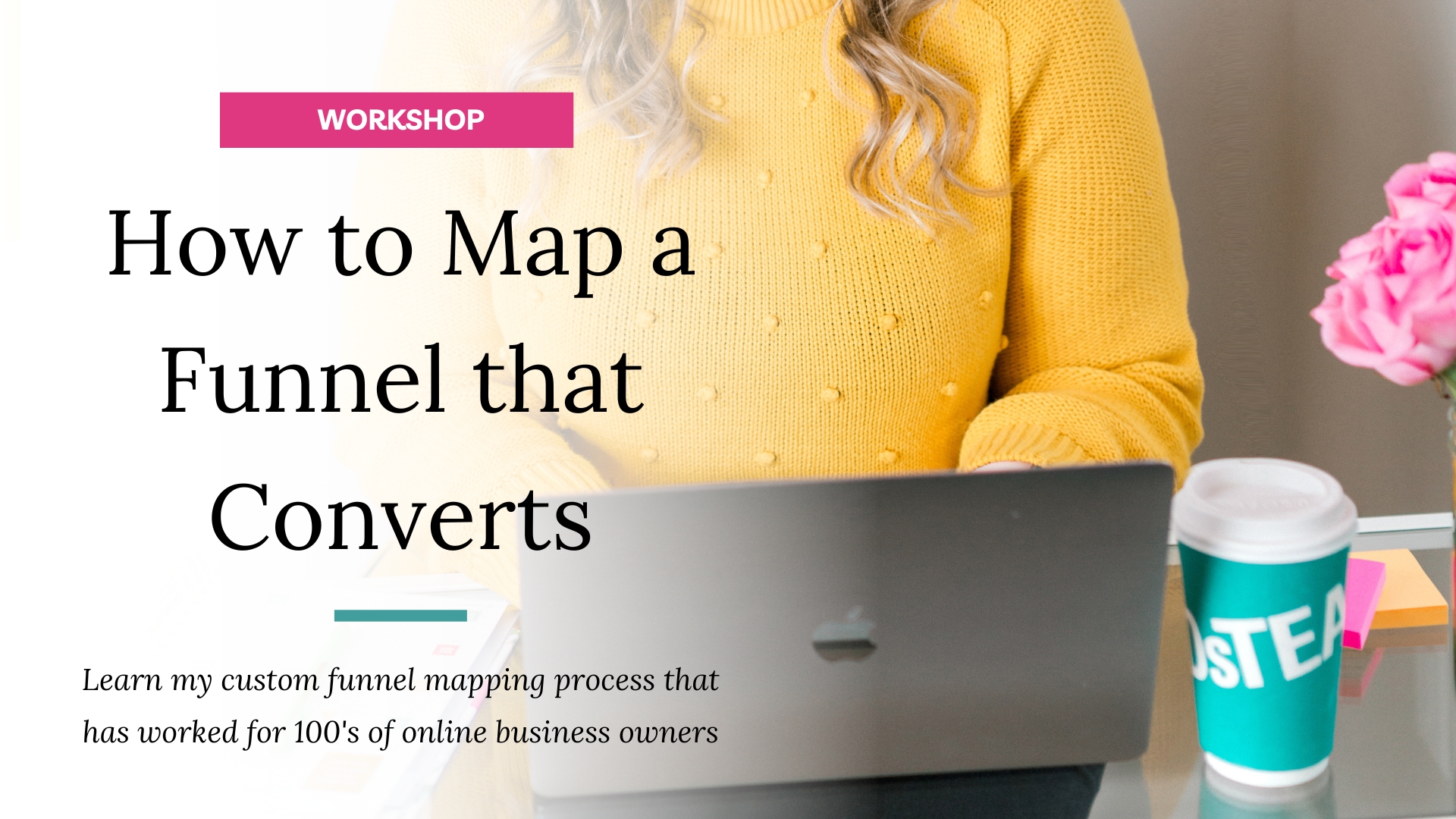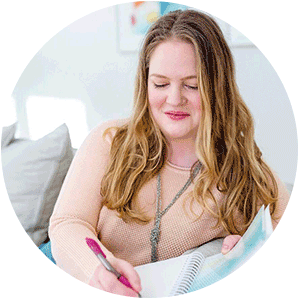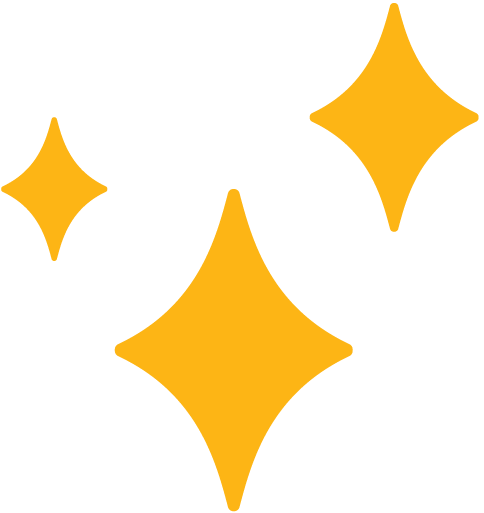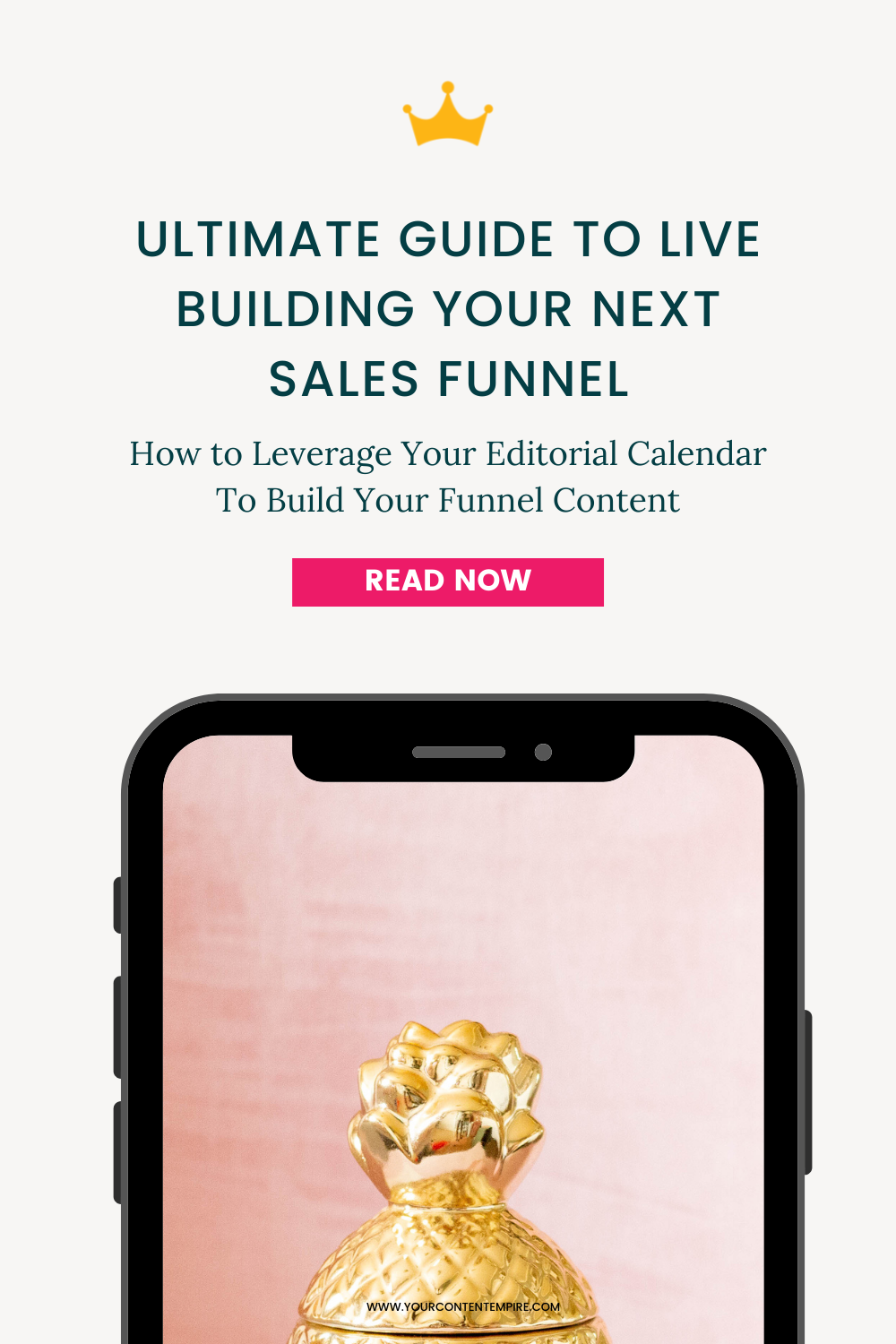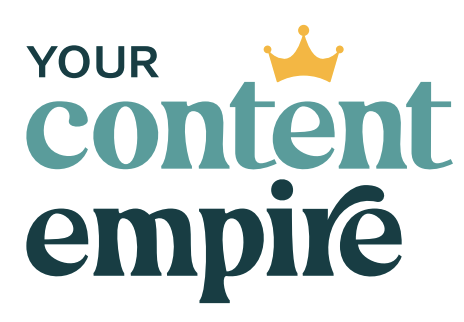There can be so much build-up that goes into creating a sales funnel. Beyond just the amount of work it takes to write the emails, set up the pages, create the freebie and orchestrate the tech – there’s also the anticipation: Will it work? What happens when I cut the ribbon and turn it on?
Then there’s the whole issue of finding the time to create all of the funnel content while also staying on top of your regular content calendar, working in your business and maybe(?) having a life.
I’m so excited to introduce you to one of my favourite funnel building methods: the Live-Build Funnel.
This is where we leverage your editorial calendar to build your funnel content while publishing it live for our current audiences. Then we turn it evergreen.
I’m going to walk you through the live build sales funnel method here!
Why I Double-Heart-Eyes Love the Live Build Sales Funnel Method
- It helps you get your funnel content done without creating a bunch of extra work
- It allows you to test your funnel content with your current audience so you have the data you need to adjust and optimize it prior to evergreenifying it
- It helps you segment your existing list based on how they respond to the content
- It will generate income in the short-term by putting a fully-primed offer in front of your existing list as well as in the long-term by creating a sales journey for incoming subscribers
Convinced yet?
The Live Build Sales Funnel Method – Let’s Do This!
Step #1 – Map out your journey
The main thing that prevents most people from doing this already comes down a lack of forethought. You have to pre-plan where you’re taking people before you begin creating the content to get them there.
So map out your journey.
We know that the end point = using your paid offer or working with you
What is the beginning point of their journey?
Think of the ideal client for this offer and then think about where she’s starting. What questions is she asking? What are the challenges she’s experiencing RIGHT NOW? What relief is she looking for?
(if you want to dive more into this reader to client journey, click here to read my post on creating your journey map)
Step #2 – Create Your Funnel Freebie
The reason we create your freebie prior to pulling all the pieces together at the end is so (1) you have a call-to-action on all of the blog posts that gets them onto your list and leads them towards your paid offer; and (2) so that you can tag people already on your list as interested in your offer if they click or download it.
It’s both an entryway to your funnel and a natural way of segmenting your list without sending one of those annoying emails that requires them to categorize themselves for you by clicking a button or link (for the most part, ineffectively).
Since you’ve already mapped your reader to client journey in Step #1, you should be in a good place to identify what small wins your freebie should deliver to your community to have the biggest impact.
(if you’d like to learn more about picking the perfect freebie for your funnel, click here to read my post on picking the perfect funnel freebie)
Step #3 – Choose & Write Your 4-5 Blog Post Topics
Now we need to choose and write your blog posts that are going to double as your email sequence emails once you turn this puppy on evergreen.
Answer the following questions to brainstorm some potential topics:
- Is there another related “win” that you can help them achieve that’ll get them even more ready for your paid offer?
- What objections might they have about purchasing your offer? How can you refute those or reframe them?
- How can you introduce the “plan” that your paid offer walks them through and how it leads to success?
- What questions are they likely to have about the process and the payoff of your paid offer?
- Can you let them in on a behind-the-scenes of how you personally use your paid offer process and the results it’s led you to?
- Can you share your story or a client story of what “before” looked like and what “after” looks like now?
How you organize the sequence is up to you but here’s a potential option that has worked well in the past for myself and clients:
Post #1 – Another Related Win: What’s the next step after your freebie? The point of this post is to include a smaller content upgrade to help them implement it. The goal is to get them thinking – hey, there’s even more to this!
Post #2 – The Plan: Next up is to walk them through your signature process. Why do you do it the way you do and what makes it unique and special. You’re not giving them the entire step by step but what are the big milestones and your reasoning for structuring it this way?
Post #3 – Behind-The-Scenes (Part 1): What is your own story or a client story? We want to structure this in a way that post #1 includes their before and the wake-up call that there was a better way to do things. The takeaway from this blog post/email would be helping them recognize the signs and symptoms that they might be in this funk too.
Post #4 – Behind-The-Scenes (Part 2): What was the conclusion of this story? What work went in and what did the after look like? Think of those makeover montages in movies (like Clueless). How has this provided the lasting solution you were looking for?
Step #4 – Publish Your Posts Weekly (Sending them to your list too)
Once these posts are written, publish them in place of your weekly blog post for the next 4 weeks and send them out as you would your regular newsletter.
Step #5 – Prepare Your 2-3 Offer Emails
While the posts are publishing, it’s the perfect time to turn your attention to your offer emails.
Answer the following questions to get the necessary information for your sales emails:
- What special offer are your going to make at the end of this sequence?
- Urgency-based special offer: Will you give a special discount or bonus for the limited amount of time?
- Scarcity-based special offer: Will you reserve a special price or extra attention for the first few who sign up?
- Do you have any testimonials for the product or service? (Or related products or services)?
- What questions do you anticipate people asking when they’re trying to decide whether to buy or not?
The exact emails you use for the special offer portion of your sequence depends on you. Here’s what I’ll typically include:
Email 1 – Present the offer, the features and benefits and details.
Email 2 – Frequently asked questions and reminder about the offer.
Email 3 – Final reminder and testimonials.
Outline and write your sales emails.
Step #6 – Ensure that your offer is ready for special offer primetime
Do a run through and test every point of your sales process. Is the salespage ready? Checkout page? Welcome and offer delivery emails?
Step #7 – Send your sales emails
Once people have finished receiving your 4-5 value newsletters with links to your blog posts, send your sales emails.
By now they should be ready for the offer you’re going to make them because you’ve been talking about its importance for weeks.
Step #8 – Measure and Adjust
After you’ve finished the sequence, go and measure every piece of content.
- What were the open rates of all the emails your sent?
- What were the click-through rates?
- How many sales did you make?
- What was the conversion rate?
- How many unsubscribes?
- How many new subscribers from the blog posts and freebie?
Make adjustments to under-performing subject lines and emails. And build the sales funnel.
Freebie → Welcome Email → Value/Educate Emails → Sales Emails
Continue to measure as people go through the funnel. And consider adding scalable traffic sources as soon as you’ve hit a level with the funnel where you’re happy with the conversion rate (at least 2-3%).
Step #9 – Do the Live Build Sales Funnel Celebration Dance
If you've completed this how-to, congratulations, you’ve just completed live-building your funnel (and published some amazing content on the way!)
Want an easier way to create your sales funnel? Sign up for my Funnel Mapping Workshop Here:
